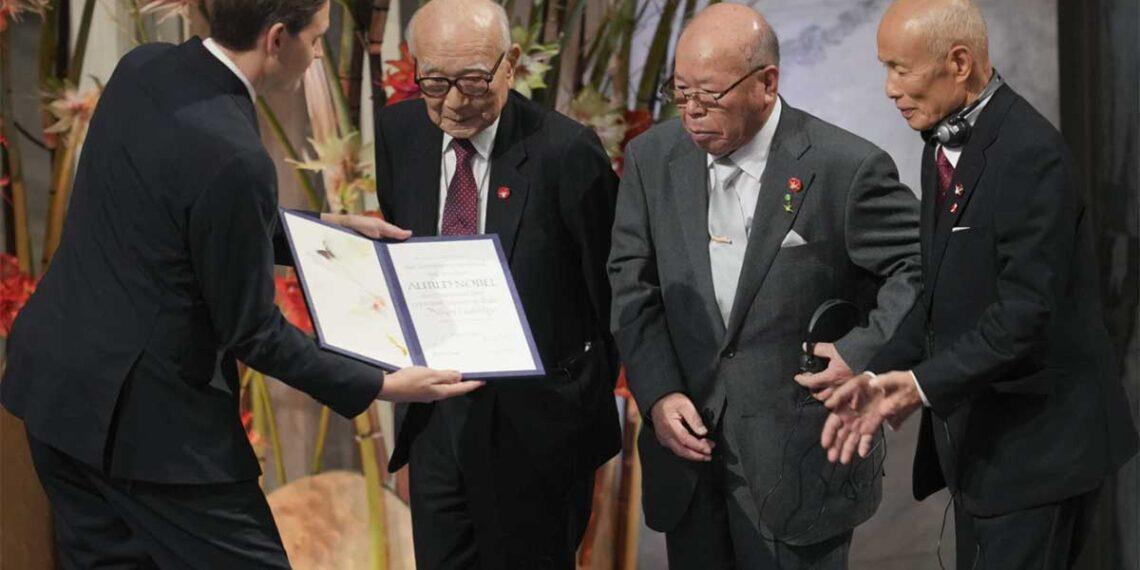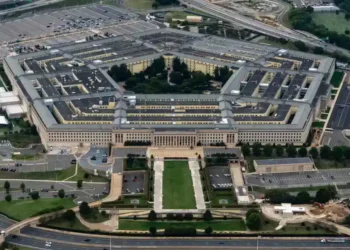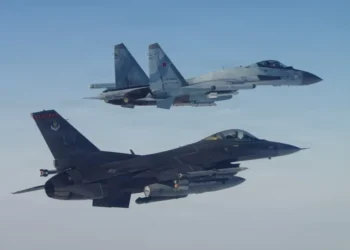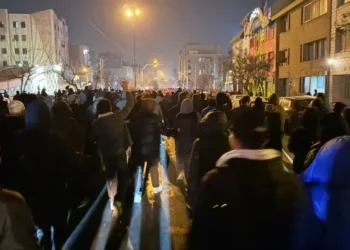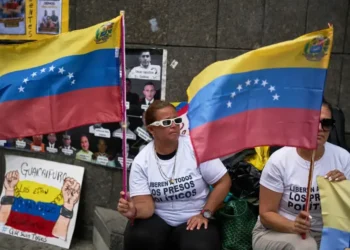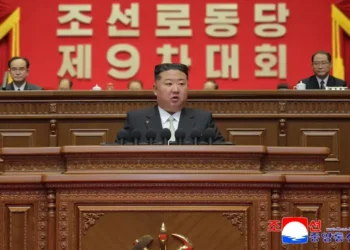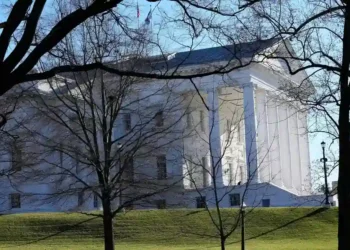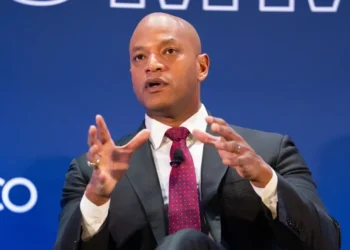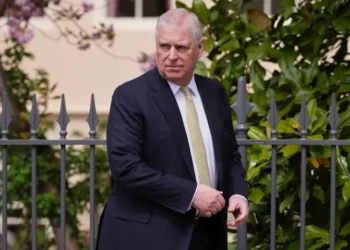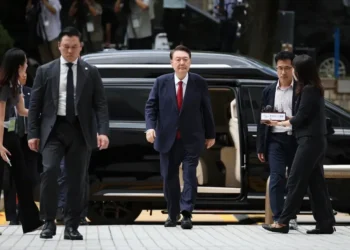Japanese Atomic Bomb Survivor Warns of Nuclear Dangers in Nobel Peace Prize Speech
OSLO, Norway (AP) — A 92-year-old survivor of the Nagasaki atomic bombing, Terumi Tanaka, vividly recounted the horrors he witnessed in 1945 as he accepted the Nobel Peace Prize on behalf of Nihon Hidankyo, a Japanese grassroots movement of atomic bomb survivors.
The prize recognizes Nihon Hidankyo’s nearly 70-year campaign to uphold the global taboo against nuclear weapons. These efforts come as the threat of nuclear conflict looms larger, with superpowers modernizing arsenals and tensions escalating globally.
The Painful Memories of Nagasaki
In his acceptance lecture at Oslo City Hall, Tanaka described the fateful day of August 9, 1945, when Nagasaki was devastated by an American atomic bomb, just three days after Hiroshima suffered a similar fate.
Tanaka recalled the piercing sound of bomber jets, followed by a blinding white flash and a powerful shock wave. Days later, he and his mother searched the ruins for family members near the bomb’s hypocenter.
“I saw many badly injured and burned people left unattended, with no help whatsoever. My emotions shut down as I walked to my destination,” he said.
Among the wreckage, Tanaka found the charred remains of his aunt, her grandson, and his grandfather, who died from severe burns. Another aunt succumbed to her injuries shortly before he arrived. In total, five members of his family were killed.
A Lifelong Fight Against Nuclear Weapons
Tanaka and Nihon Hidankyo have long campaigned to abolish nuclear weapons and secure compensation for survivors of the atomic bombings. The 1945 attacks on Nagasaki and Hiroshima killed an estimated 210,000 people by the year’s end, with the long-term death toll from radiation exposure likely far higher.
Tanaka urged citizens of nuclear-armed nations to reject policies that rely on these weapons, stating:
“Nuclear weapons cannot—and must not—coexist with humanity. I hope this belief will inspire change in nuclear policies worldwide.”
The Nuclear Threat Today
The Nobel Peace Prize was awarded against the backdrop of growing nuclear tensions. In his speech, Tanaka voiced deep concern over recent developments:
- Russia’s threats to use nuclear weapons in its war against Ukraine.
- An Israeli official’s suggestion of possible nuclear strikes amid the ongoing conflict in Gaza.
“These actions threaten to shatter the global taboo against nuclear weapons,” Tanaka said, expressing sadness and anger over the erosion of hard-won norms.
A Call for Global Disarmament
Jørgen Watne Frydnes, chair of the Norwegian Nobel Committee, emphasized the urgency of Tanaka’s message.
“None of the nine nuclear-armed countries—U.S., Russia, China, France, the U.K., India, Pakistan, Israel, and North Korea—show interest in disarmament. Instead, they are expanding their arsenals,” Frydnes said.
He called on the five nuclear powers bound by the Treaty on the Non-Proliferation of Nuclear Weapons (NPT)—the U.S., Russia, China, France, and the U.K.—to honor their disarmament obligations. Frydnes warned:
“It is naive to believe our civilization can survive a global order reliant on nuclear weapons. The world cannot be a prison where we await collective annihilation.”
A Legacy of Hope and Action
As the survivors of Hiroshima and Nagasaki enter the twilight of their lives, their stories and activism take on even greater significance. Tanaka’s speech serves as a powerful reminder of the human cost of nuclear warfare and the urgent need for global action.
Nihon Hidankyo’s Nobel Peace Prize win amplifies their message: a world free of nuclear weapons is essential for humanity’s survival.
This article was rewritten by JournosNews.com based on verified reporting from trusted sources. The content has been independently reviewed, fact-checked, and edited for accuracy, neutrality, tone, and global readability in accordance with Google News and AdSense standards.
All opinions, quotes, or statements from contributors, experts, or sourced organizations do not necessarily reflect the views of JournosNews.com. JournosNews.com maintains full editorial independence from any external funders, sponsors, or organizations.
Stay informed with JournosNews.com — your trusted source for verified global reporting and in-depth analysis. Follow us on Google News, BlueSky, and X for real-time updates.
